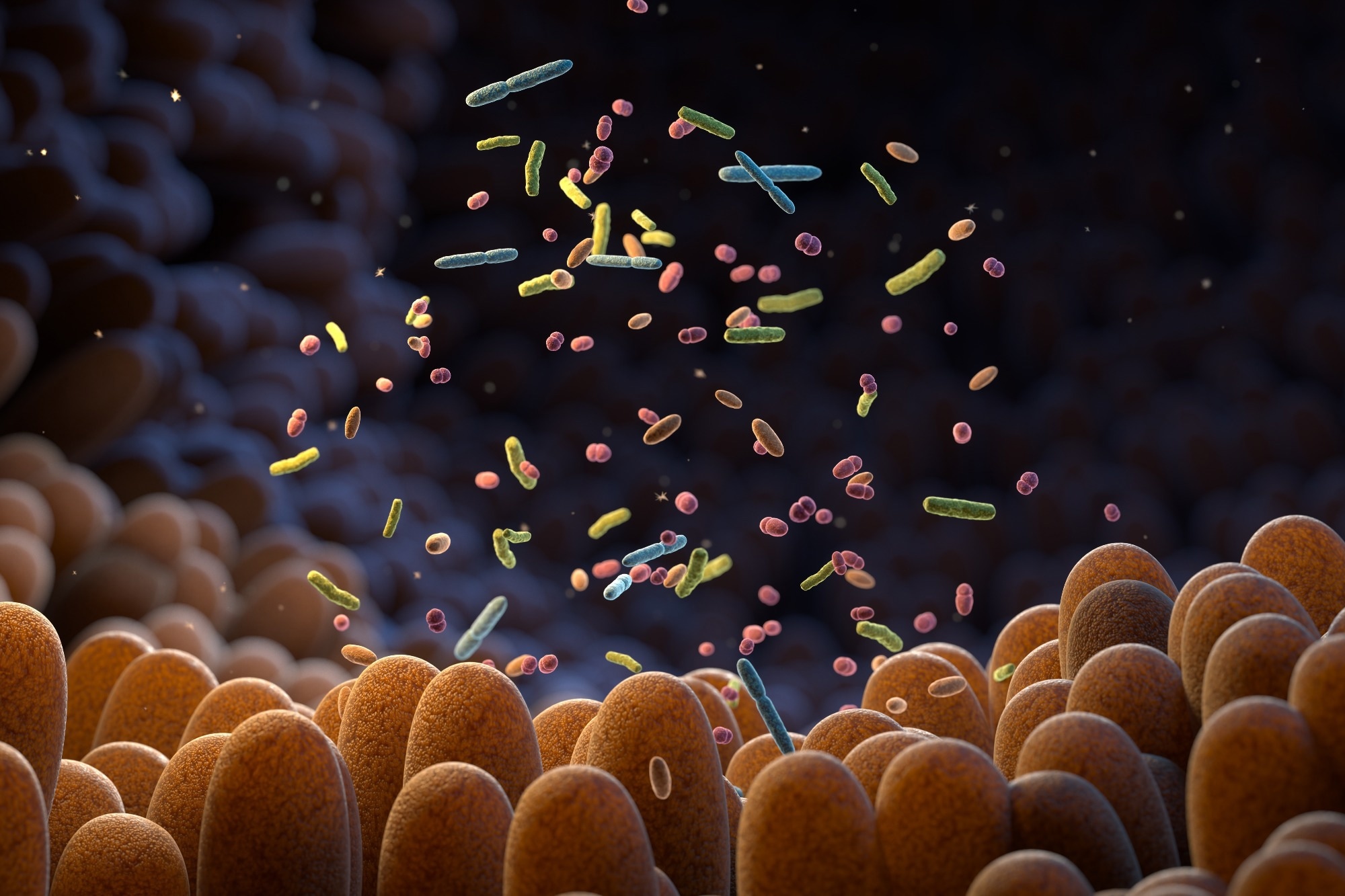
Pathogenesis, a term derived from the Greek "pathos" (suffering) and "genesis" (origin), is the science of understanding how diseases develop and progress within the human body. It serves as a cornerstone of modern medicine, as comprehending the mechanisms behind disease formation and progression is essential for diagnosis, treatment, and prevention. In this essay, we delve into the world of pathogenesis, examining its significance, contributing factors, and the role it plays in shaping our approach to health and disease.
Pathogenesis is the process by which a disease develops and progresses. It encompasses the various steps and mechanisms through which a disease-causing agent, such as a pathogen or a genetic mutation, triggers a cascade of events that ultimately results in the clinical manifestations of the disease.
Significance of Pathogenesis
- Understanding the pathogenesis of a disease is central to its diagnosis. It helps healthcare professionals identify the underlying causes of a patient's symptoms.
- Pathogenesis knowledge is pivotal in developing effective treatments, as it enables targeted interventions to disrupt disease progression.
- Insights into pathogenesis contribute to disease prevention and the development of vaccines and preventive strategies.
- Pathogenesis research drives scientific understanding and paves the way for innovations in medical science and therapeutics.
Contributing Factors to Pathogenesis
- Pathogens like bacteria, viruses, fungi, and parasites can initiate diseases by invading the body and triggering the host's immune response.
- Inherited genetic mutations can lead to a wide range of genetic disorders with a clear pathogenesis rooted in the genetic code.
- External factors such as pollution, toxins, and lifestyle choices can play a significant role in disease pathogenesis.
- Conditions where the immune system malfunctions, leading to autoimmune diseases or immunodeficiencies.
- Disruptions in metabolic pathways can result in metabolic diseases such as diabetes.
Role of Pathogenesis in Disease Understanding
- Pathogenesis is explored at the molecular level, including genetic mutations, protein interactions, and cellular processes that contribute to disease development.
- For infectious diseases, understanding how pathogens interact with the host's cells and immune system is crucial.
- Inflammatory processes and immune system activation are central elements in the pathogenesis of many diseases.
- Pathogenesis research considers how diseases affect specific tissues and organs, leading to characteristic clinical signs and symptoms.
Challenges and Future Directions
Pathogenesis research faces challenges such as the complex nature of many diseases, the multifactorial influences on disease development, and the need for interdisciplinary collaboration. The future of pathogenesis research includes advancements in personalized medicine, more targeted therapies, and a deeper understanding of the genetic and environmental factors influencing disease.
Conclusion
Pathogenesis is the compass that guides our understanding of diseases. By unraveling the intricate web of factors and mechanisms that underlie the development of various diseases, we are better equipped to diagnose, treat, and prevent them. The ongoing exploration of pathogenesis promises to open new doors in medicine and health, allowing us to confront diseases with ever-increasing precision and insight.
